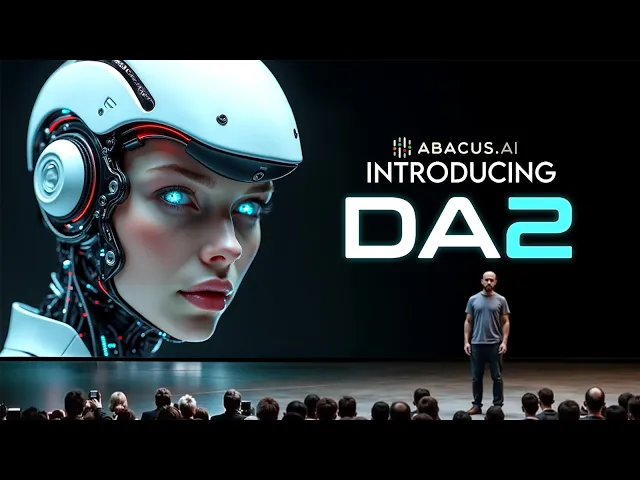Self Prompting AI Agent About to Break the Internet: Fully Autonomous AI Workflow

Self-prompting AI agents change the workplace game
In an era where artificial intelligence continues to reshape our digital landscape, a groundbreaking advancement stands poised to fundamentally alter how we work with AI systems. The concept of self-prompting AI agents—systems that can independently generate their own instructions and carry out complex workflows without constant human guidance—represents one of the most significant leaps forward in making AI truly autonomous and remarkably more powerful than the tools most businesses currently employ.
The technology community has been buzzing about this development, which effectively turns AI from a reactive tool waiting for human commands into a proactive agent capable of identifying problems, formulating plans, and executing solutions with minimal human involvement. This shift from prompt-dependent systems to self-directing agents promises to dramatically expand AI's utility across virtually every business function.
Key developments in self-prompting AI
-
From reactive to proactive: Traditional AI systems function reactively, responding only when given specific prompts by human users. Self-prompting agents break this limitation by internally generating the next logical steps in a workflow, allowing them to tackle complex, multi-stage tasks without continuous human direction.
-
Autonomous problem-solving: These systems can identify when they need additional information, determine how to acquire it, and incorporate new data into their reasoning—essentially debugging their own knowledge gaps in ways that mimic human metacognition.
-
Persistent memory and learning: Unlike conventional chatbots that start fresh with each interaction, self-prompting agents maintain context across sessions, building upon previous work and adapting their approaches based on accumulated experience.
Why this matters more than you think
The most profound implication of self-prompting agents is how they transform the human-AI relationship. Rather than functioning as mere tools that require precise instructions, these systems become collaborators capable of independent thought and action. This represents a fundamental shift in how businesses will integrate AI into their workflows.
Consider the current limitations of AI in business settings: employees must learn to craft perfect prompts, break complex tasks into discrete steps, and constantly monitor and correct AI outputs. This creates significant friction that prevents many organizations from realizing AI's full potential. Self-prompting agents eliminate these barriers by handling the prompt engineering internally, effectively democratizing access to AI's capabilities across an organization regardless of an employee's technical expertise.
The business implications extend far beyond simple efficiency gains.
Recent Videos
How To Earn MONEY With Images (No Bullsh*t)
Smart earnings from your image collection In today's digital economy, passive income streams have become increasingly accessible to creators with various skill sets. A recent YouTube video cuts through the hype to explore legitimate ways photographers, designers, and even casual smartphone users can monetize their image collections. The strategies outlined don't rely on unrealistic promises or complicated schemes—instead, they focus on established marketplaces with proven revenue potential for image creators. Key Points Stock photography platforms like Shutterstock, Adobe Stock, and Getty Images remain viable income sources when you understand their specific requirements and optimize your submissions accordingly. Specialized marketplaces focusing...
Oct 3, 2025New SHAPE SHIFTING AI Robot Is Freaking People Out
Liquid robots will change everything In the quiet labs of Carnegie Mellon University, scientists have created something that feels plucked from science fiction—a magnetic slime robot that can transform between liquid and solid states, slipping through tight spaces before reassembling on the other side. This technology, showcased in a recent YouTube video, represents a significant leap beyond traditional robotics into a realm where machines mimic not just animal movements, but their fundamental physical properties. While the internet might be buzzing with dystopian concerns about "shape-shifting terminators," the reality offers far more promising applications that could revolutionize medicine, rescue operations, and...
Oct 3, 2025How To Do Homeless AI Tiktok Trend (Tiktok Homeless AI Tutorial)
AI homeless trend raises ethical concerns In an era where social media trends evolve faster than we can comprehend them, TikTok's "homeless AI" trend has sparked both creative engagement and serious ethical questions. The trend, which involves using AI to transform ordinary photos into images depicting homelessness, has rapidly gained traction across the platform, with creators eagerly jumping on board to showcase their digital transformations. While the technical process is relatively straightforward, the implications of digitally "becoming homeless" for entertainment deserve careful consideration. The video tutorial provides a step-by-step guide on creating these AI-generated images, explaining how users can transform...
